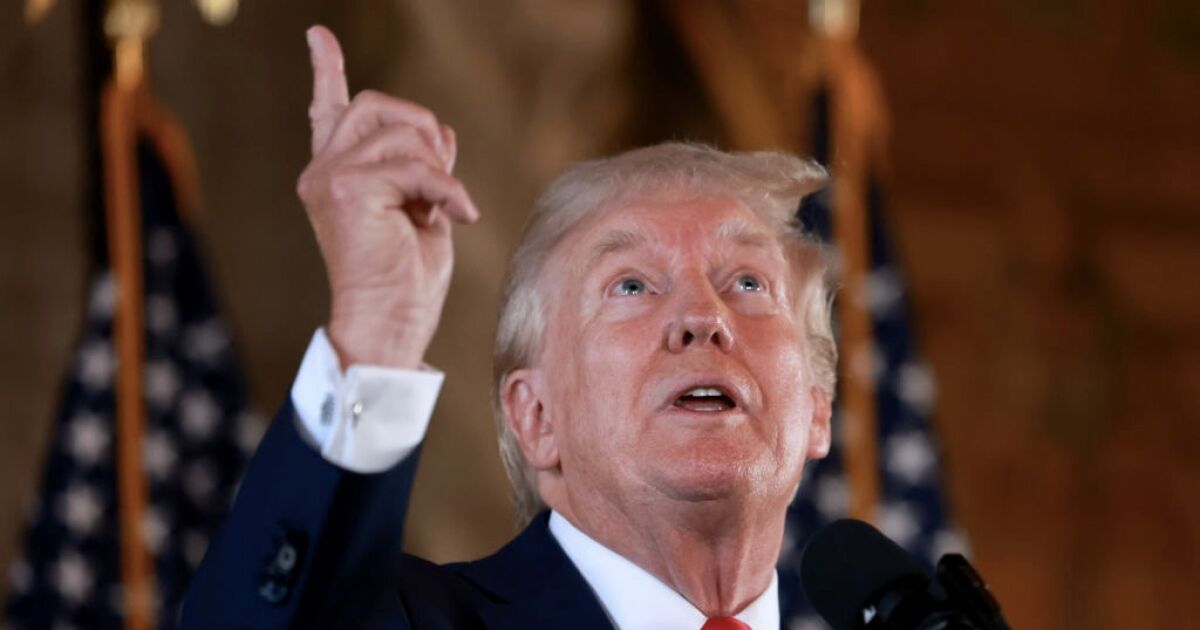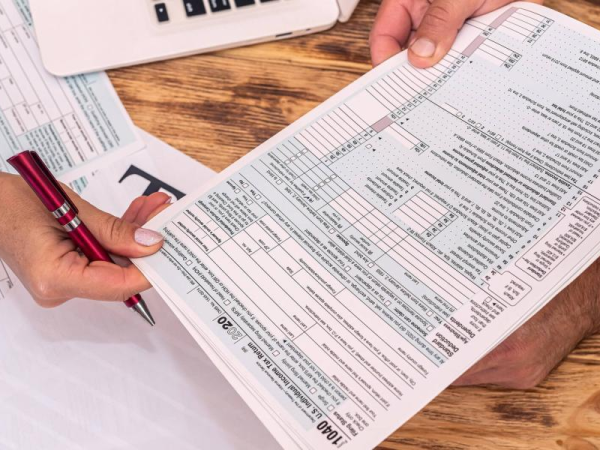Trump’s allies have drawn up proposals that would attempt to erode the Fed’s independence if he wins, the Wall Street Journal reported in April. Trump’s campaign distanced itself from the report at the time.
His remarks Thursday, however, indicate he is fully aligned with one of the proposals’ main goals: If he becomes president, Trump should be consulted on interest rate decisions, and the Fed’s bank regulation proposals should be subject to White House review.
The Fed chair and the six other members of its board of governors are appointed by the president, subject to Senate confirmation. But the Fed enjoys broad operational independence to make policy decisions that exert outsized influence over the direction of the world’s largest economy and global asset markets.
For example, the Federal Reserve’s ability to set its own monetary policy without political oversight is one of the pillars underlying the US dollar’s position as the world’s reserve currency.
That status, in turn, is key to granting the U.S. government a nearly unchecked ability to borrow in global bond markets at relatively low interest rates despite carrying a $35 trillion debt load — what’s known as the “exorbitant privilege.”

















